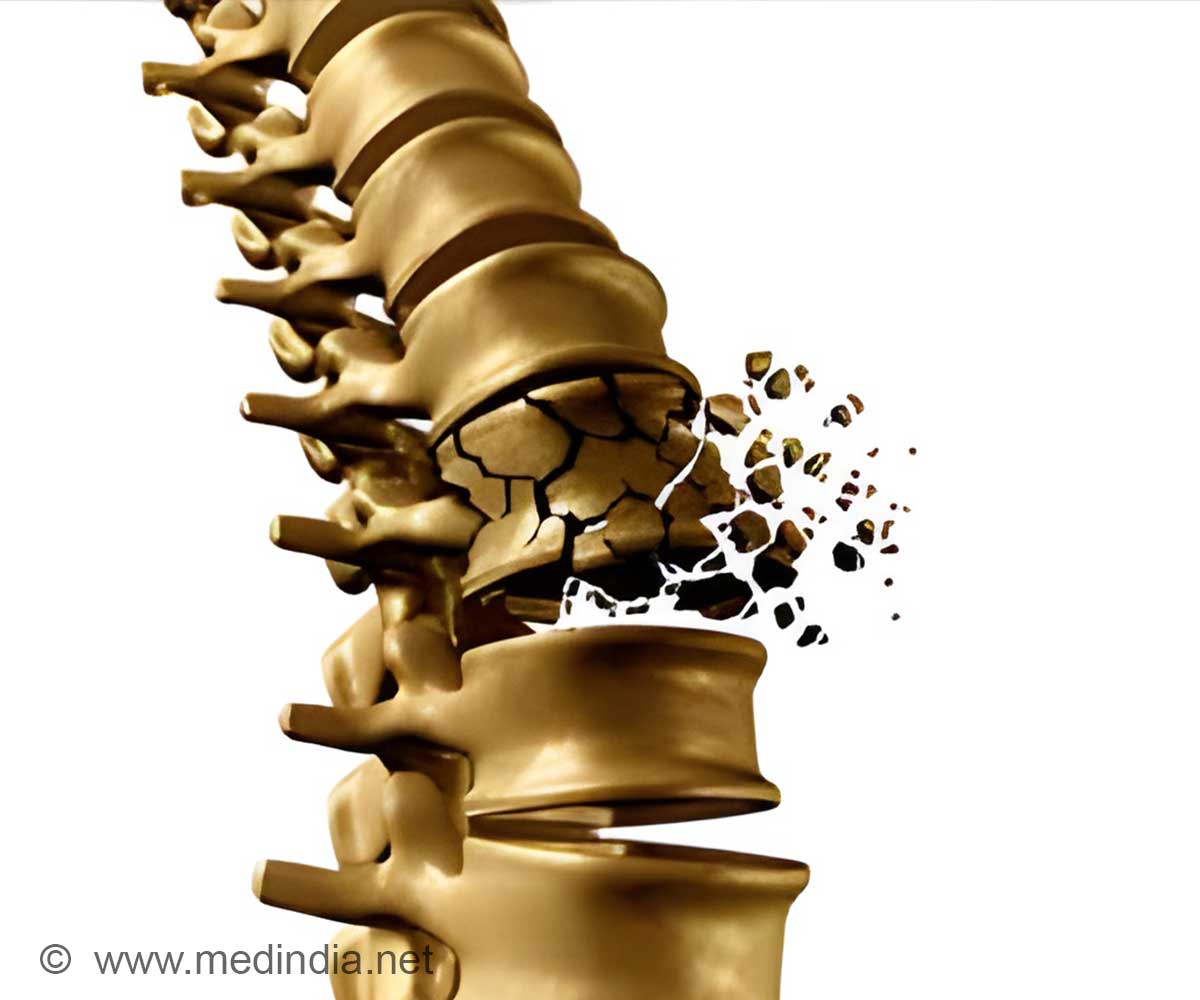Use of hormone therapy, smoking cessation and increased physical activity, reduces odds for osteoporosis.

‘There is an elevated risk of osteoporosis for women experiencing menopause before the age of 40 years.’
Read More..




Previous studies have suggested an association between osteoporosis and POI, which is the loss of ovarian function before age 40 years. This new study, however, is the first one done on a larger scale, with more than 12,000 participants.Read More..
It confirms the findings of smaller studies that demonstrated an association between POI and early menopause (described as the loss of ovarian function between 40 and 45 years) on bone mineral density and osteoporosis. Specifically, women with POI were shown to have higher odds of osteoporosis and were more likely to be taking osteoporosis drugs.
The researchers also found that the use of hormone therapy reduced the odds for osteoporosis but that many women were not being adequately treated or even made aware of the benefits of hormones in reducing their risk. In addition, the study confirmed that women with POI were more likely to be obese, have decreased physical activity levels, and currently smoked.
It is estimated that 1% to 4% of women worldwide have POI, which means a significant number of women are at increased risk for osteoporosis.
Results are published in the article "The association between primary ovarian insufficiency and osteoporosis in the Canadian Longitudinal Study on Aging."
Advertisement
Advertisement












